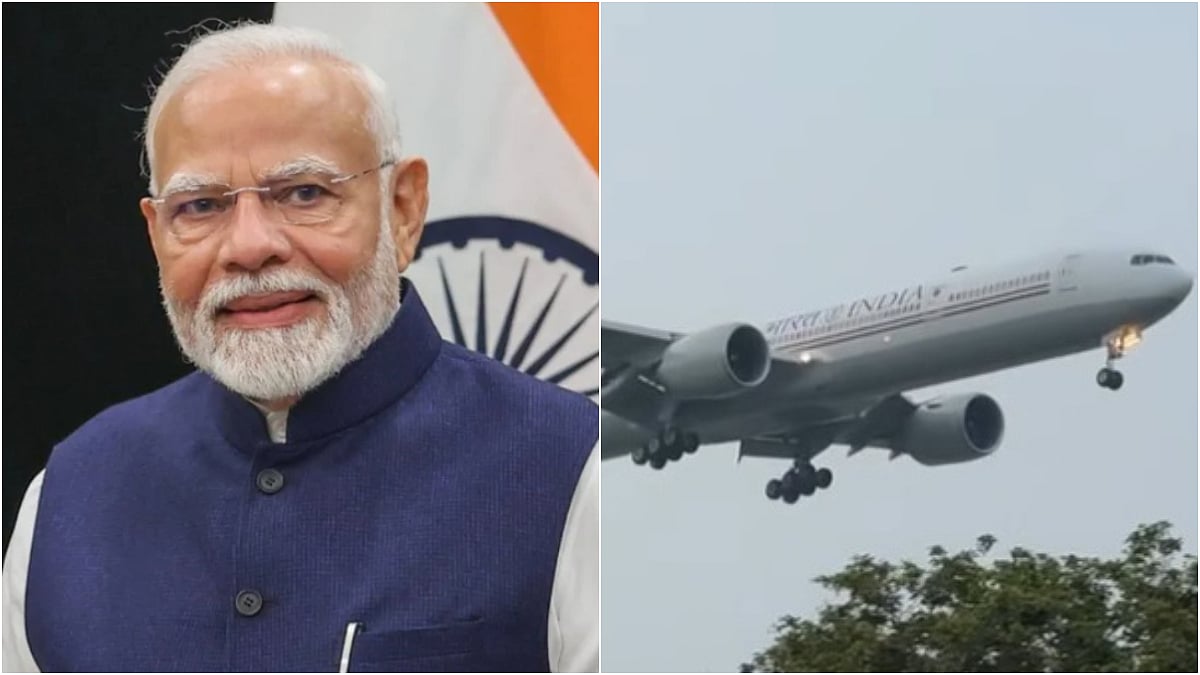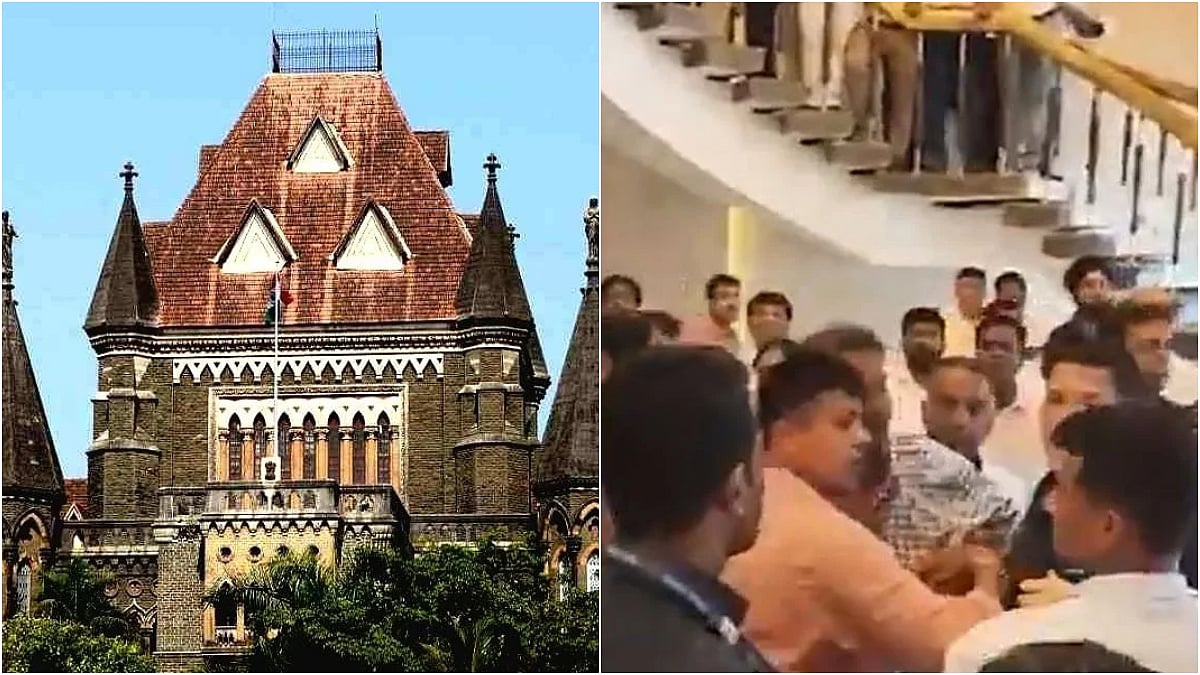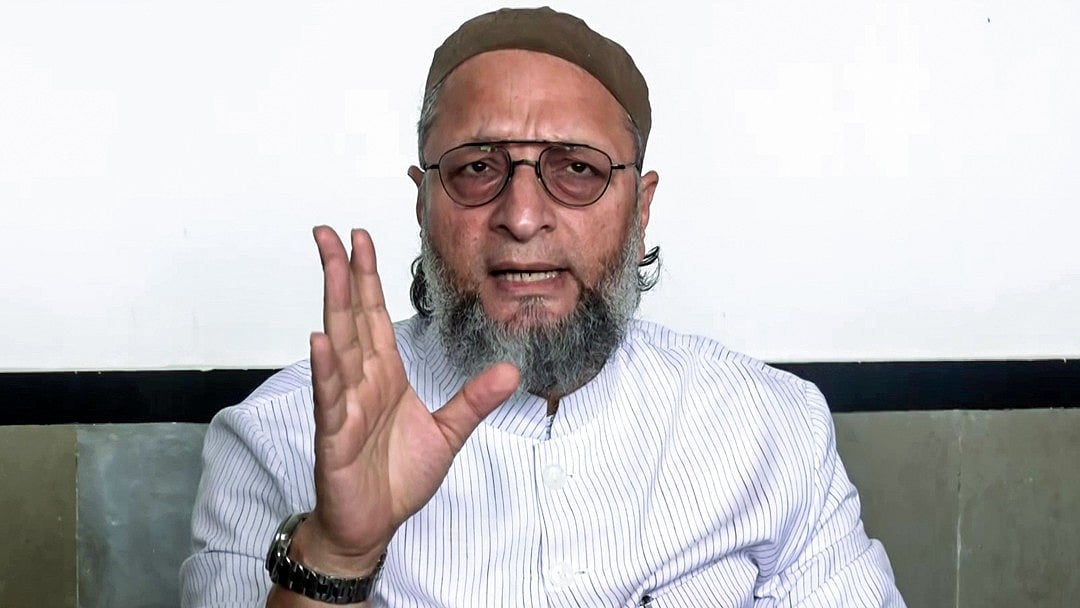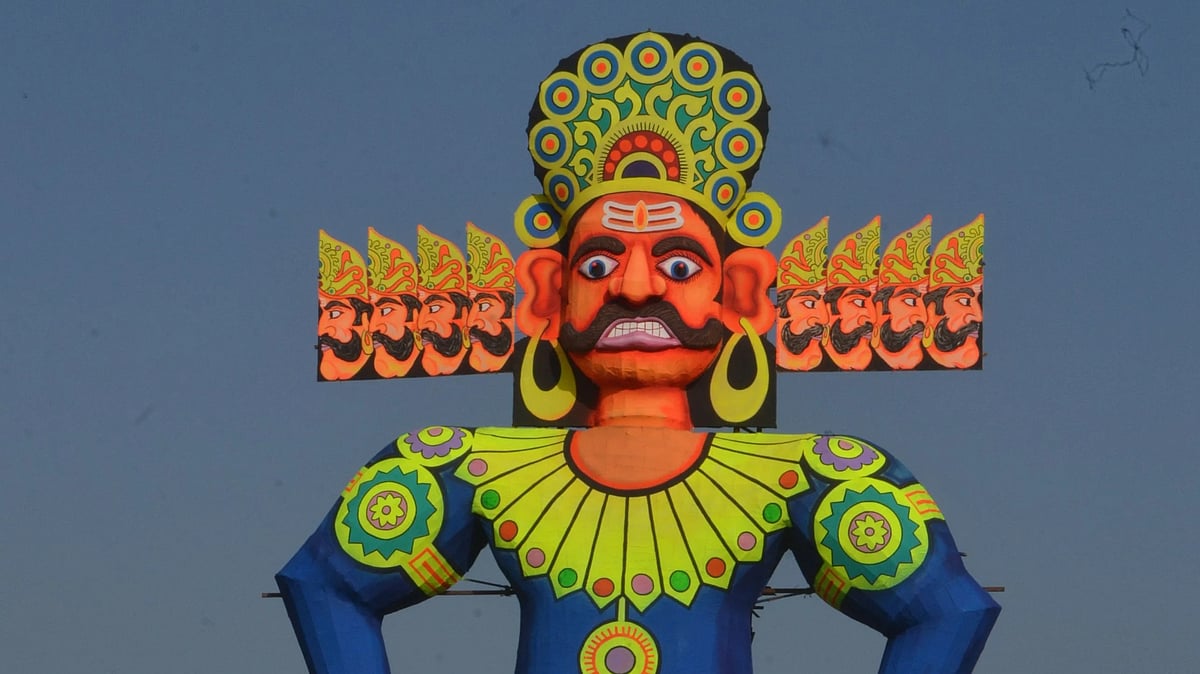Home Minister Amit Shah’s claim that the Delhi riots were a conspiracy funded by anti-national forces abroad (presumably Pakistan and its sympathisers) is old wine in a new bottle which like truth, has different aspects.
So, the Enforcement Directorate slapping Prevention of Money Laundering Act cases against Aam Aadmi Party councillor Tahir Hussain and the Popular Front of India for funding the Delhi riots, may be the tip of the iceberg. There are wriggling worms waiting to get out if our media is allowed to investigate.
Until a new law is enacted to ensure those in power share the blame for the riots, recommendations of successive judicial probes and law commissions will be used to obfuscate the truth. So, the 700 FIRs lodged against arsonists will not mollify those families whose 53 members have been massacred in Delhi last month.
BJP MP Meenakshi Lekhi defended the allegations of hate speeches against Anurag Thakur and Parvesh Verma claiming they “were not relevant” as the riots started on February 23. This implies those who make allegedly inflammatory utterances before riots erupt will not be responsible for what they say.
The Law Commission of India (LCI) in its 256th report dated March 2017 rightly pointed out the expression “hate speech” was not defined under any Indian law. But it is prohibited under certain sections of the Indian Penal Code, the Representation of People Act, the Protection of Civil Rights Act, 1955, the Religious Institutions (Prevention of Misuse) Act, 1099 and the Cable Television Regulation Act, 1995.
Most of the LCI’s reports are junked as academic treatises so the Congress, the BJP and the AAP continue to blame each other. Hate speech can be curtailed under article 19 (2) on the grounds of public order, incitement to offence and state security. The Supreme Court in Brij Bhushan v. State of Delhi in the 1950s opined public order was allied to public safety and considered equivalent to state security. This interpretation was validated by the first Constitution amendment, when public order was inserted in Article 19 (2) to further curtail free speech.
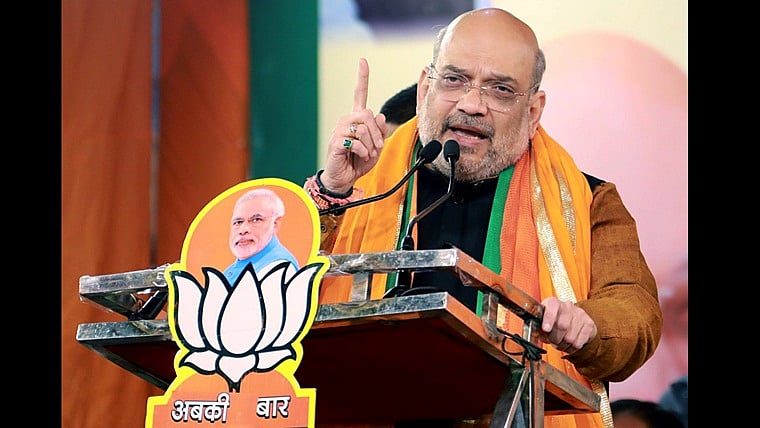
However, in Ram Manohar Lohia v. State of Bihar, the Supreme Court distinguished law and order, public order and security of the state from each other. Observing that one has to imagine three concentric circles. law and order represents the largest circle within which is the next circle representing public order and the smallest circle state security. It is then easy to see that an act may affect law and order but not public order just as an act may affect public order but not security of the State.
So, whether we have an Asaduddin Owaisi or a Waris Pathan who allegedly foolishly declared in public that 15 crore Muslims could take care of 100 crore Hindus, hate speech is a precursor to Hindu-Muslim riots. The government must have received intelligence inputs about the pro-CAA and anti-CAA agitations culminating in riots, but Amit Shah has now declared that irrespective of religion or political affiliation, those who started the riots would not be spared.
His utterances will be vindicated or falsified in the courts manned by a judiciary which has come under a cloud because of the transfer of Justice S Muralidhar by the apex court collegium from the Delhi High Court to the Punjab and Haryana High Court. The fact remains it was midnight transfer soon after he flayed the Delhi police for not containing the riots. Though the collegium may not have had a punitive transfer in mind.
Another fact is despite being the second seniormost judge in the Punjab and Haryana High Court, Justice Muralidhar’s division bench has been assigned tax matters which are normally heard by junior judges. To add more fuel to the fire is Meenakshi Lekhi’s statement that Intelligence Bureau reports of some judges should be made public because they believed until protests turned violent, the police would not take action.
The fact is the Narendra Modi government believes the people’s representatives, they should not be a mere post office in judges’ selection even if the National Judicial Selection Commission Act was struck down. This is why the 43rd CJI T S Thakur wept in public before the prime minister as putative judges’ posts were not being cleared. The 45th CJI Dipak Misra was accused by the four seniormost collegium members of assigning sensitive cases to pre-selected benches of his choice with alleged predictable results.
One of his accusers was Justice Ranjan Gogoi who did not cover himself with glory some time after he assumed office as the 46th CJI after charges of alleged misbehavior with a woman staffer were made against him. Justice Markandey Katju accused Justice Gogoi, perhaps unjustifiably, of allegedly succumbing to the executive in the Ayodhya and Rafale cases. So, we have a situation where Indira Gandhi’s concept of a “committed judiciary” which shares the vision and ideology of the executive may have been revived in a different avatar.
The 42nd CJI H L Dattu was accused of corruption by former Supreme Court judge Markandey Katju who called for his impeachment. Justice Dattu wanted the names of whistleblowers in the 2G spectrum scam divulged which may have led to their murders. But more than a decade after Justice Dattu demitted office, Abhishek Manu Singhvi has admitted in his just-released book that Justice K M Joseph had to pay with his seniority in the Supreme Court for striking down President’s rule imposed by the BJP in Uttarakhand.
Before Justice Muralidhar was shunted to the Punjab and Haryana High Court, another example was made of Justice Akil Abdulhamid Kureshi who had ruled against Narendra Modi and Amit Shah when they were in power in Gujarat. The Gujarat lawyers filed a writ petition challenging the Modi government of blocking the elevation of Justice Kureshi as a chief justice. He was shunted to the tiny Tripura High Court as chief justice when he was recommended as chief justice of the much larger Madhya Pradesh High Court.
And so, whether the judiciary will convict or acquit those accused by the government of funding and planning riots when it does not analyse policy decisions of the executive, remains to be seen.
The writer holds a PhD in Media law and is a journalist-cum-lawyer of the Bombay High Court.

